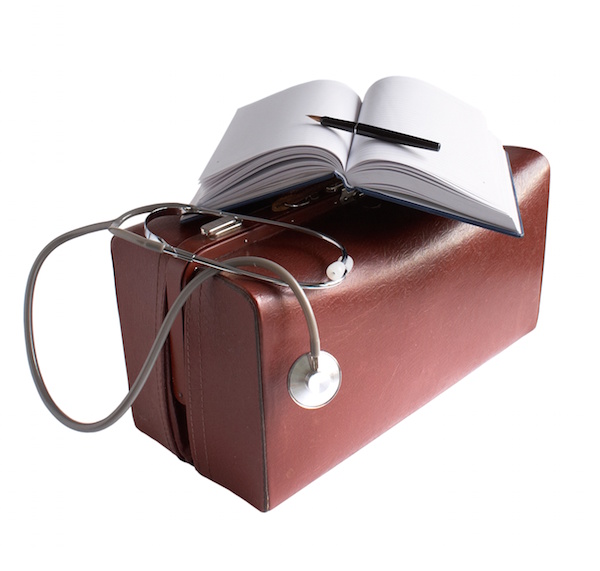
TUESDAY, June 19 (HealthDay News) — Teenagers who drink alcohol are more likely to feel like social outcasts, and the social stress of drinking also takes a toll on their school performance, according to a new study.
University of Texas researchers noted that the social isolation that comes with teenage drinking is most pronounced in schools with tight cliques and fewer students who abuse alcohol.
In conducting the study, the researchers examined data from a national survey on health-related behavior collected from nearly 8,300 teens between seventh and 12th grade at 126 schools. Teens who drank were more likely to feel lonely and socially isolated in certain school environments.
These feelings were particularly strong in schools where students formed close-knit groups of friends and most students did not drink alcohol, the authors noted, which suggests that teens who drink feel like outcasts when they are not in the company of other drinkers.
The study was published in the June issue of the Journal of Health and Social Behavior.
“This finding doesn’t imply that drinkers would be better off in schools in which peer networks are tightly organized around drinking,” study co-author Robert Crosnoe, a professor of sociology at the University of Texas at Austin and a research affiliate at the university’s Population Research Center, said in a journal news release. “Instead, the results suggest that we need to pay attention to youth in problematic school environments in general, but also to those who may have trouble in seemingly positive school environments.”
The researchers also found a direct link between the teens’ feelings of isolation and poor school performance, even after taking other factors into account. Students who drank and felt like outcasts had as much as a three-tenths of a point drop in their grade-point average each year.
“In general, adolescents who feel as though they don’t fit in at school often struggle academically — even when capable and even when peers value academic success — because they become more focused on their social circumstances than their social and academic activities,” Crosnoe explained.
The researchers concluded that social aspects of school must be taken into account when assessing students’ school performance.
More information
The American Academy of Child and Adolescent Psychiatry has more about teens and alcohol use.

